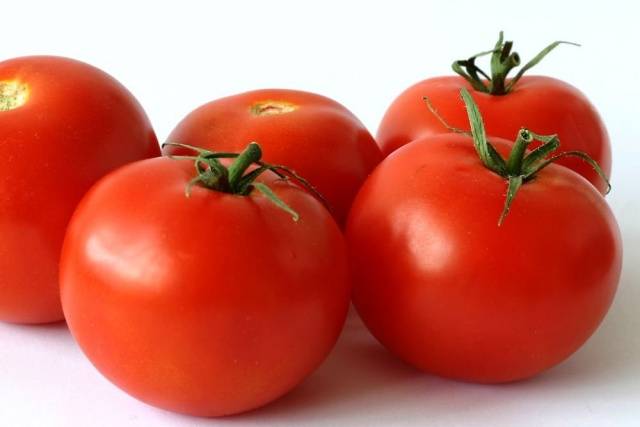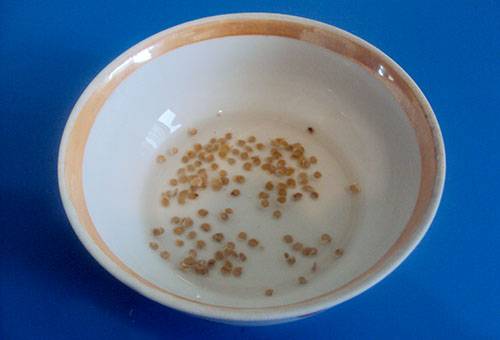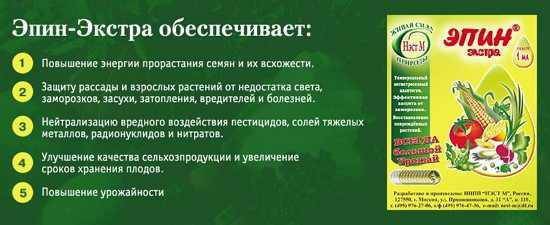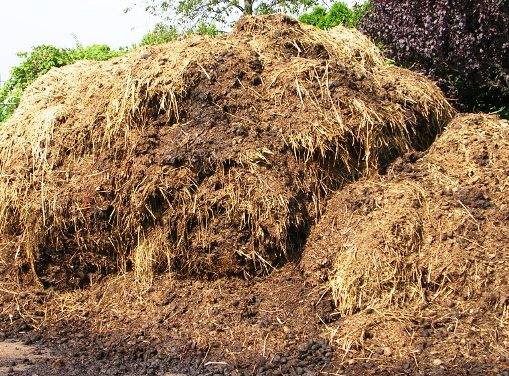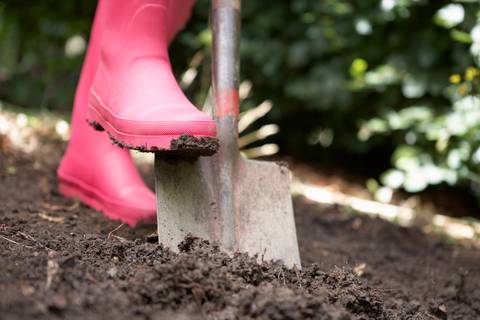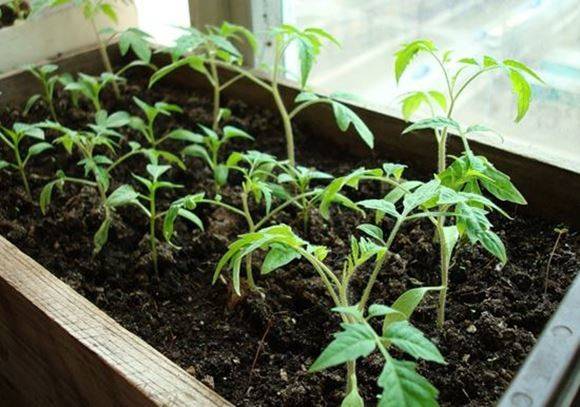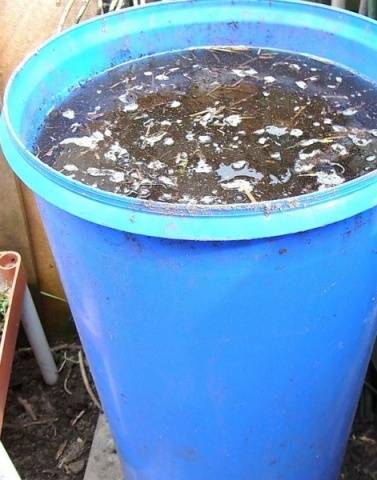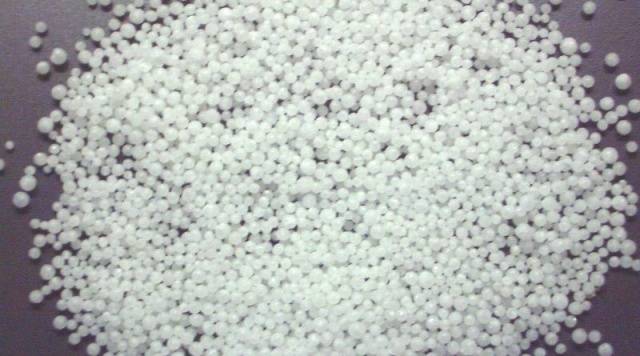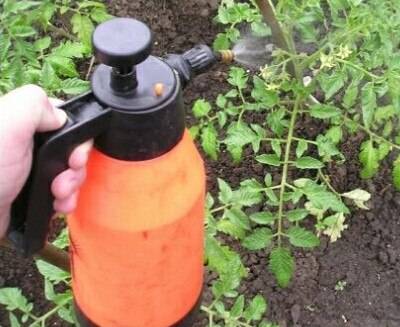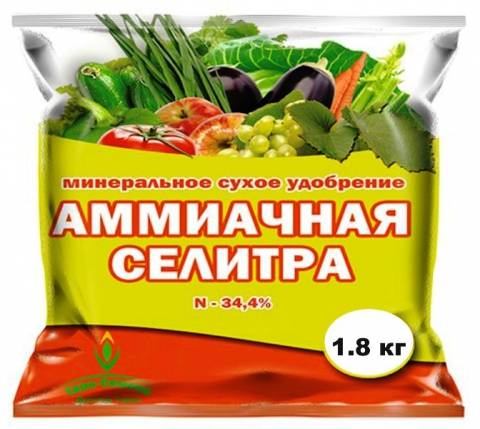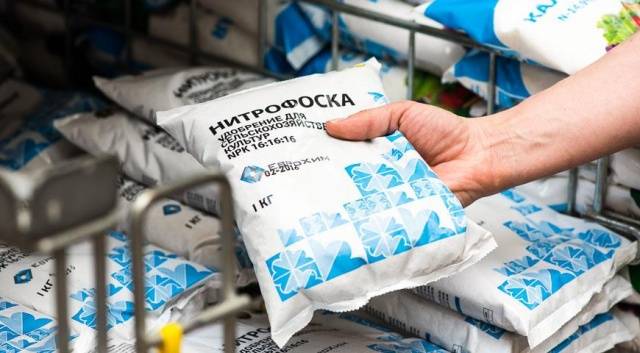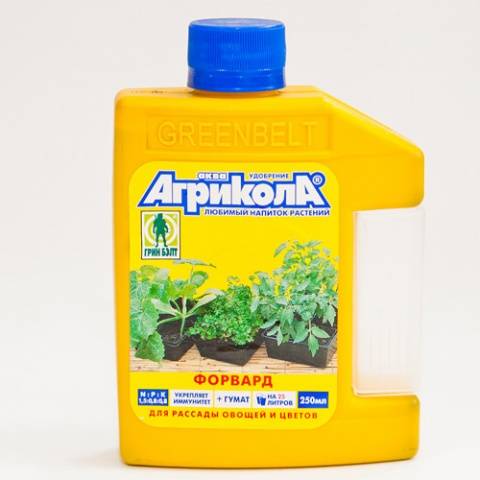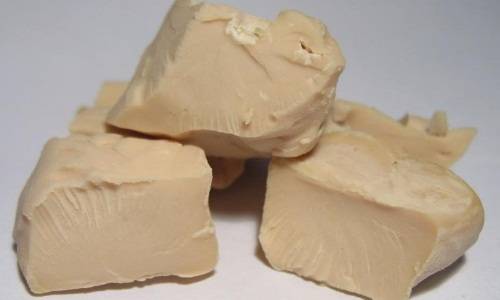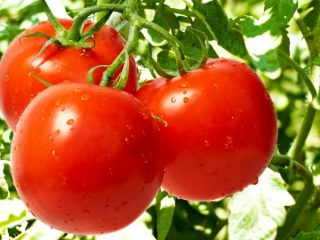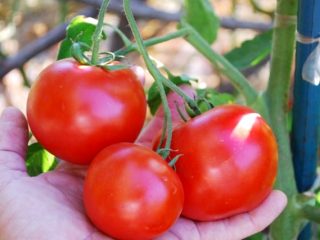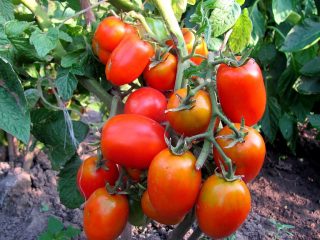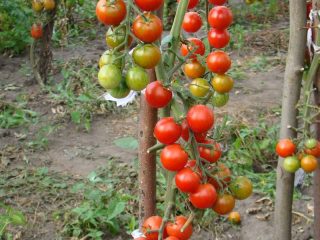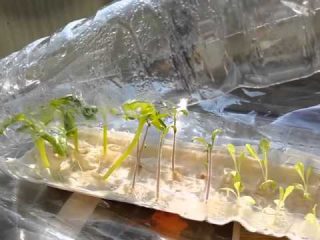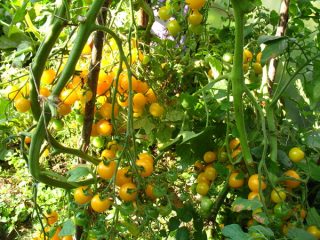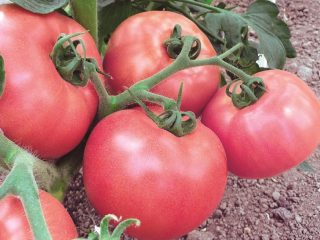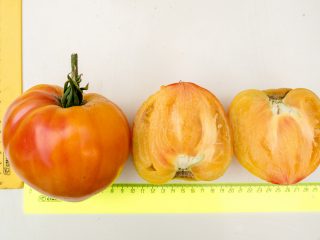Content
Professional farmers know that with the help of special substances it is possible to regulate the life processes of plants, for example, accelerate their growth, improve the process of root formation, increase the number ovaries. To do this, they use various fertilizers and fertilizers with a certain set of microelements. For example, fertilizers with nitrogen will be an excellent fertilizing tomatoes for growth. Calcium promotes better absorption of nitrogen, which means these microelements can be added “in pairs”. You can also provoke active growth of tomatoes using organic substances, or, for example, yeast. We’ll talk about when and how to use such growth activator fertilizers for tomatoes in the given article.
Growth activators for seeds
With the arrival of early spring, every gardener begins to grow tomato seedlings. In an effort to give plants a good start, many use various substances that activate seed germination and subsequent plant growth.
Among the environmentally friendly and highly effective biological products for seed germination, Zircon, Epin, and Gumat should be highlighted.These tomato growth activators must be diluted with water according to the instructions. The soaking temperature should be at least +150C. The optimal temperature is +220C. Tomato seeds should be immersed in the solution for no more than a day, which will allow the grains to swell, absorbing useful microelements, but not suffocate.
An example of how to treat tomato seeds with growth stimulants before sowing is shown in the video:
Treated with growth stimulants, seeds quickly germinate and increase green mass. However, in some cases, the manufacturer industrially treats grains with various similar substances, indicating information about this on the packaging. In this case, no additional processing is required.
Manure
Manure is a fertilizer rich in organic matter and various minerals. It is widely used in agriculture for feeding, including tomatoes. Due to the significant amount of nitrogen and organic matter, manure acts as a growth accelerator for plants. That is why it is used at various stages of the tomato growing season, from growing seedlings to harvesting.
You can use manure from various animals to feed tomatoes: cows, sheep, horses, rabbits. Pig manure, compared to all of the above, is depleted; it is rarely used as fertilizer. The concentration of mineral trace elements and the amount of heat generated depend on the type of manure. So, horse dung It is recommended to use it in greenhouses, since its decomposition releases a lot of heat that can warm a confined space. At the same time, mullein is more accessible, has a long period of decay and a balanced microelement composition, due to which it is more often used for feeding plants in open ground.
Manure in the ground
It is necessary to take care of the successful cultivation of tomatoes in advance, before the actual planting of the plants. So, in the fall, after removing the remains of the previous vegetation, manure must be added to the soil during digging. More often, fresh raw materials are used for this. It contains a lot of ammonia nitrogen, which over the winter will successfully decompose into simple elements and become a fertilizer in the spring for the active growth of the roots and aerial parts of tomatoes. Add fresh manure into the ground in autumn you can do 3-6 kg/m2.
Rotted manure can also be used to increase soil fertility not only in autumn, but also in spring. It does not contain ammonia, which means it is nitrogen will only have a beneficial effect on tomatoes, accelerating their growth and increasing the volume of green mass of the plant.
Manure for seedlings
Tomato seedlings require the presence of a whole complex of microelements in the soil. For its growth it requires nitrogen, potassium, phosphorus, calcium. That is why tomato seedlings are repeatedly fed with various fertilizers.
A good “platform” for successfully growing seedlings should be fertile soil. It can be obtained by mixing rotted manure with garden soil. The proportion of the mixture should be 1:2.
You can feed tomato seedlings with manure when 2-3 leaves appear. A good fertilizer for this time is a mixture of mullein and minerals. It can be prepared by adding 500 ml of cow dung infusion to a bucket of water. An additional microelement ingredient in the fertilizer can be potassium sulfate in the amount of one spoon.
Liquid fertilizer prepared according to this recipe can be used for watering tomatoes at the root or spraying the leaves. Feeding will allow young plants to grow faster and develop a good root system. It must be used twice. An increase in the amount of fertilizing can lead to excessive growth of green mass and a decrease in yield.
Manure fertilizer for tomatoes after planting
For the next 10 days after planting tomato seedlings in the ground, you should not use fertilizers to activate growth. At this time, plants require potassium and phosphorus for better rooting and practically do not grow at the stage of adaptation to new conditions. After this period, manure feeding can be used. To do this, prepare an infusion by mixing manure with water in a ratio of 1:5. When infused, the solution should be stirred regularly. After 1-2 weeks, when the fermentation process has stopped, the fertilizer can be used to water the tomatoes. Before use, it should be diluted again with water until a light brown solution is obtained.
During the formation of ovaries and ripening of fruits, fertilizers that activate plant growth should not be used. However, a small amount of nitrogen still needs to be added to the soil to restore its microelement balance.Thus, after planting seedlings in the ground, you can feed the plants with manure infusion with the addition of ash or 50 g of superphosphate (for each bucket of prepared infusion). This fertilizer can be used repeatedly during the period of fruit ripening at intervals of several weeks.
Manure is a natural growth activator for tomatoes. It is available to every farmer. And even if you don’t have your own livestock farm, you can buy mullein concentrate for sale. Fertilizer will effectively accelerate plant growth without saturating vegetables with nitrates.
Mineral fertilizers for tomato growth
Among all minerals, urea, also known as urea, and ammonium nitrate are most often used to accelerate the growth of tomatoes. This effect on plants is explained by the high concentration of nitrogen in their composition.
Urea
Urea is a mineral fertilizer that contains more than 46% ammonia nitrogen. It is used to feed various vegetable and berry crops and trees. Based urea You can prepare fertilizers for spraying and watering tomatoes. As an additional ingredient, urea can be included in various mineral mixtures.
When digging the soil, you can add urea in the amount of 20 g per 1 m2. It will be able to replace manure and will contribute to the accelerated growth of tomato seedlings after planting.
You can feed tomato seedlings with urea by spraying. As a rule, such an activity is carried out when signs of nitrogen deficiency, slow growth, and yellowing of leaves are observed. For spraying, 30-50 g of urea is added to a bucket of water.
To water tomatoes at the root after planting, urea is mixed with additional substances. So, you can neutralize the acidity of urea with lime. To do this, add 800 g of lime or ground chalk for every 1 kg of substance.
Before watering plants at the root, you can also add superphosphate to the urea solution. Such a mixture will become not only a source of nitrogen, but also phosphorus, which will have a beneficial effect on the yield and taste of tomatoes.
Ammonium nitrate
Ammonium nitrate can be found under the name ammonium nitrate. This substance contains about 35% ammonia nitrogen. The substance also has acidic properties.
When digging the soil in autumn, ammonium nitrate can be applied in an amount of 10-20 g per 1 m2. You can feed tomato seedlings and adult plants after planting by spraying. To do this, prepare a solution of 30 g of the substance per 10 liters of water.
Nitrophoska
This fertilizer is complex, with a high nitrogen content. It is most often used to feed tomatoes. Prepare a solution for watering tomatoes at the root by adding a spoonful of the substance to 10 liters of water.
Nitrophoska in addition to nitrogen, it contains large quantities of potassium and phosphorus. Thanks to this joint, the fertilizer is suitable for tomatoes during flowering and fruiting. It increases yield and makes vegetables meatier and sweeter.
You can learn more about mineral fertilizers from the video:
Ready-made mineral complexes
You can feed tomatoes at the seedling stage and after planting in the ground using complex fertilizers that contain in a balanced amount all the microelements necessary for plants.
You can feed tomato seedlings for the first time when a pair of true leaves appear. Agricola-Forward is perfect for these purposes. You can prepare a nutrient solution by adding 1 small spoon of the substance to 1 liter of water.
You can replace the given fertilizer with other complexes, for example, “Agricola No. 3” or the universal fertilizer nitrophoska. These substances for watering tomatoes at the root are diluted with water (a tablespoon per liter of water). Tomato seedlings should be fed with such complex fertilizers no more than 2 times.
After planting tomato seedlings in the ground, you can use the drug “Effekton”. It is prepared by adding a tablespoon of the substance to 1 liter of water. The drug can be used repeatedly at intervals of 2-3 weeks until the end of the fruiting period.
Ready-made drugs are effective accelerate growth tomatoes, allow them to grow strong and healthy. Their advantage is also harmlessness, availability, and ease of use.
Information about some other mineral fertilizers is shown in the video:
Yeast for tomato growth
Surely many are familiar with the expression “grow by leaps and bounds.” Indeed, this natural product contains a lot of nutrients and vitamins that promote accelerated plant growth. Experienced gardeners have long learned to use yeast as an effective fertilizer.
Yeast supplements are applied, including at the roots of tomatoes.It is advisable to use the substance only with the onset of heat, when the soil is sufficiently warmed up. In such an environment, yeast fungi are able to actively multiply, release oxygen and activate beneficial soil microflora. As a result of this impact, the organic matter in the soil quickly decomposes, releasing gases and heat. Generally feeding tomatoes with yeast contributes to their accelerated growth, successful root development and increased productivity.
You can prepare yeast nutrition in several ways:
- Add 200 g of fresh yeast to 5 liters of warm water. To improve fermentation, add 250-300 g of sugar to the solution. The resulting mixture should be left in a warm place for several hours. After preparation, the concentrate must be diluted with water in a ratio of 1 glass per bucket of warm water.
- Dry granular yeast can also provide a source of nutrients for tomatoes. To do this, they must be dissolved in warm water in a ratio of 1:100.
- Yeast is also often added to organic complexes. Thus, a nutrient mixture can be obtained by adding 500 ml of chicken manure or mullein infusion to 10 liters of water. 500 g of ash and sugar should be added to the same mixture. After fermentation is complete, the concentrated mixture is diluted with water 1:10 and used to water the tomatoes at the root.
Yeast effectively stimulates tomato growth, rooting, and increases yield, however, it can be used no more than 3 times per season. Otherwise, yeast supplements may harm the plants.
You can find out more about preparing yeast feed here:
Conclusion
All of the listed types of fertilizer contain growth activators for tomatoes.However, they must be used thoughtfully in order not to provoke “fatification,” in which tomatoes abundantly grow greens, but at the same time form ovaries in small quantities. It is also worth remembering that the growth of the above-ground part of the plant must keep pace with the growth of the roots, otherwise the tomatoes may not produce a harvest or even die. That is why it is recommended to add minerals to organic fertilizers that promote root growth. It is rational to use urea and ammonium nitrate in “pure form” and only when observing symptoms of nitrogen deficiency in plants. If you observe excessive elongation of tomato stems, it is necessary to use the drug “Athlete”, which will stop their growth and make the tomato trunks thick.
